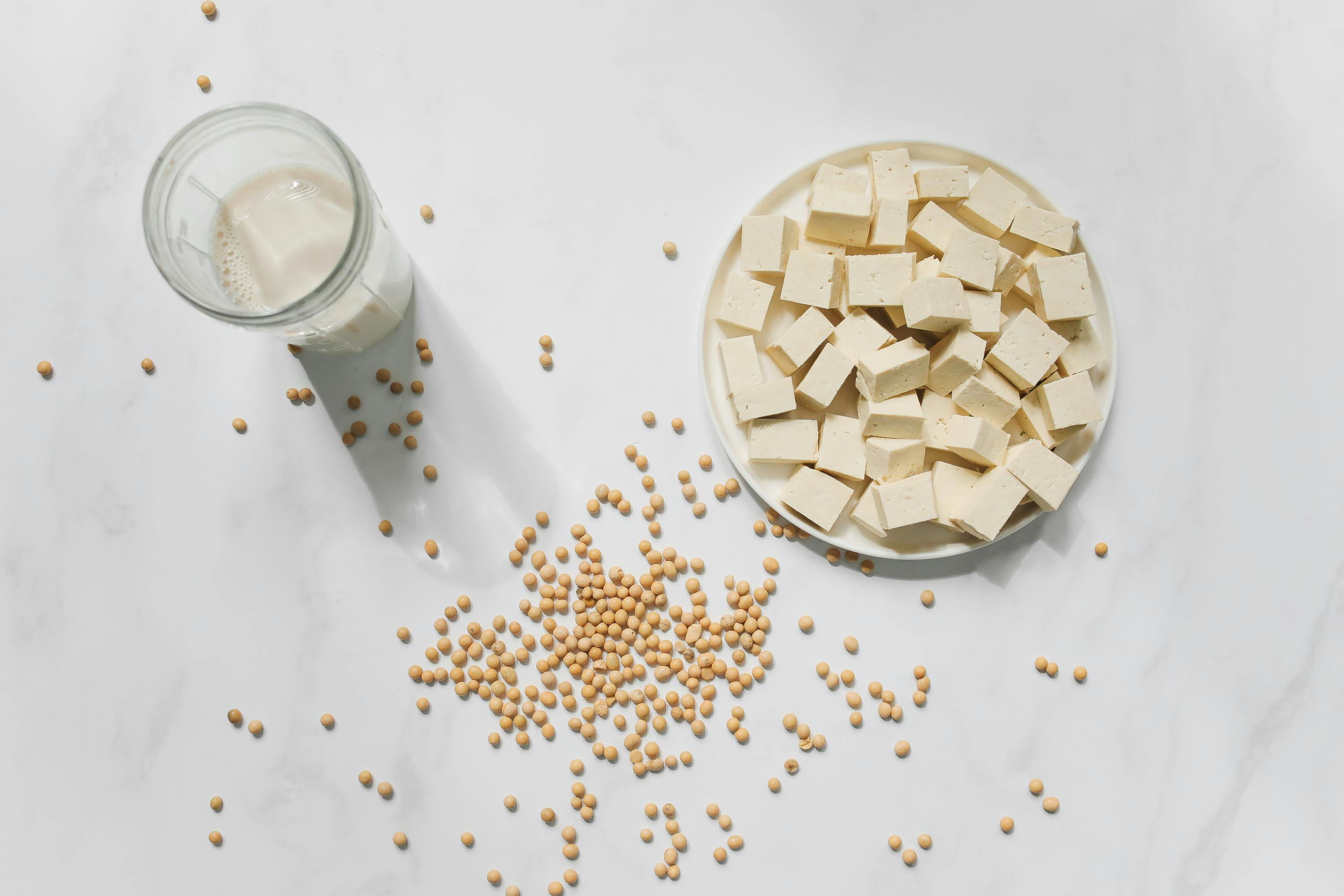A Dietitian's Guide to Lowering Cholesterol Without Medication
57. The Role of Soy Protein in LDL Receptors

Beyond just being a plant-based alternative, soy protein has a specific and direct mechanism for lowering cholesterol. The isoflavones in soy have been shown to increase the number of LDL receptors on your liver cells. These receptors act like tiny docks that pull LDL ("bad") cholesterol out of your bloodstream. By creating more of these "docks," soy protein helps your body clear cholesterol more efficiently. Incorporating a daily serving of minimally processed soy—such as edamame, tofu, or soy milk—can be a delicious and effective way to enhance this natural clearing process.
58. Stearic Acid: The Unique Saturated Fat

Stearic acid, a type of saturated fat found in foods like dark chocolate, cocoa butter, and certain meats, has a unique effect on the body. Unlike other saturated fats that raise LDL (bad) cholesterol, research has shown that stearic acid has a neutral or even beneficial effect on cholesterol levels. This is because a portion of it is converted in the liver to oleic acid, a heart-healthy monounsaturated fat. By understanding this nuance, you can make smarter food choices and focus on your overall dietary pattern rather than demonizing a single nutrient.
